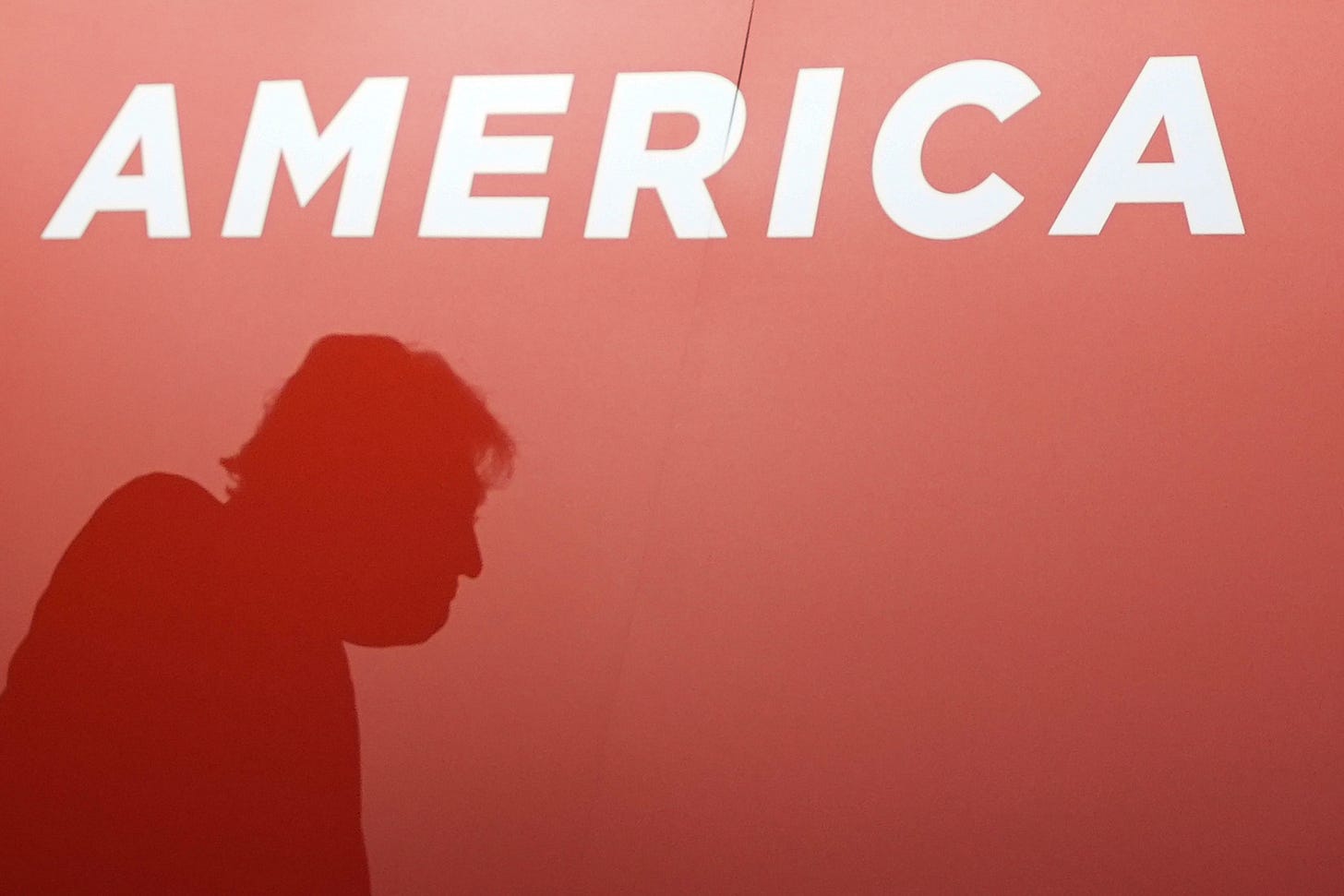Trump and the Reality of Betrayal
Pulitzer Prize winner Viet Thanh Nguyen reflects on Trump's devastating anti-immigrant policies, his treatment of allies, and the destructive history that led to this moment.

Many Americans feel that Donald Trump is betraying the country by destroying cherished American principles, while many American allies likewise feel betrayed by Trump’s abandonment of long-term loyalties. As a refugee from Vietnam, where the United States arguably let down its South Vietnamese allies, I do not think that the fickleness of American loyalty, or the consistency of American inconsistency when it comes to principles, is itself a surprise. What is astonishing for some is that the victims of these breaches of trust now include significant amounts of white people.
I grew up in a community of refugees who fled to the United States after the defeat of South Vietnam, and there was a sense among some that the United States had betrayed us. As a condition of its withdrawal from South Vietnam in 1973, the United States promised to come to the aid of South Vietnam, which had been required to build armed forces modeled on those of the United States and to follow military strategies dictated by American generals. When the final invasion by the northern communists happened in 1975, the United States did not send bombers and did not provide the ammunition and fuel that the South Vietnamese military needed for its American planes, tanks, and weapons.
The United States did rescue 130,000 South Vietnamese people, myself included, which led to the protagonist of my novel, The Sympathizer, saying that American aid would not have been necessary if America hadn’t invaded in the first place. The same sentiment could be said by America’s Afghan allies, or by Palestinians, whose plight could be illustrated by one of the more absurd and tragic scenes during Israel’s genocidal assault on Gaza when the United States air-dropped pallets of aid onto a Gazan landscape already laid waste by American-supplied bombs. Part of the fury of the pro-Palestinian, anti-genocide protests that shook American campuses arose from the sense that Palestinians had been treated repeatedly with a bias for decades by a United States that clearly favored Israel. The rhetoric of the United States about advancing freedom and democracy seemed hollow to Palestinians when it supported an Israel that subjected them to occupation and apartheid.
The arrest of Palestinian activist Mahmoud Khalil only reinforces this sense of a failure in American principles. Khalil has so far not been charged with a crime, except for being an outspoken Palestinian. Secretary of State Marco Rubio wants to deport him using an obscure provision – one that's likely unconstitutional – that gives him the expansive authority to expel people on foreign policy grounds. Just as disturbing, Trump is now relying on the 1798 Alien Enemies Act to deport, without due process, Venezuelan nationals who are alleged gangsters. According to the White House, they are not simply criminals, but terrorists and invaders “conducting irregular warfare and undertaking hostile actions against the United States.”
A Betrayal that Is Not New
We in the United States should be rightly terrified of the implications that the United States government can deport anyone who it arbitrarily labels as a subversive. But we should also remember that this betrayal of American principles is not new and has been a repetitive part of American history, including the 1919 deportation of Emma Goldman and 249 others deemed as radicals by the government. Throughout the 19th century, mass deportations were carried out on a greater scale against Indigenous peoples, who were forced to move from their land to distant reservations, and in the 20th century against Mexicans and Mexican Americans in the 1930s (300,000 to nearly 2 million people sent to Mexico, many of them American citizens) and Japanese Americans during World War II (120,000 sent to concentration camps).


